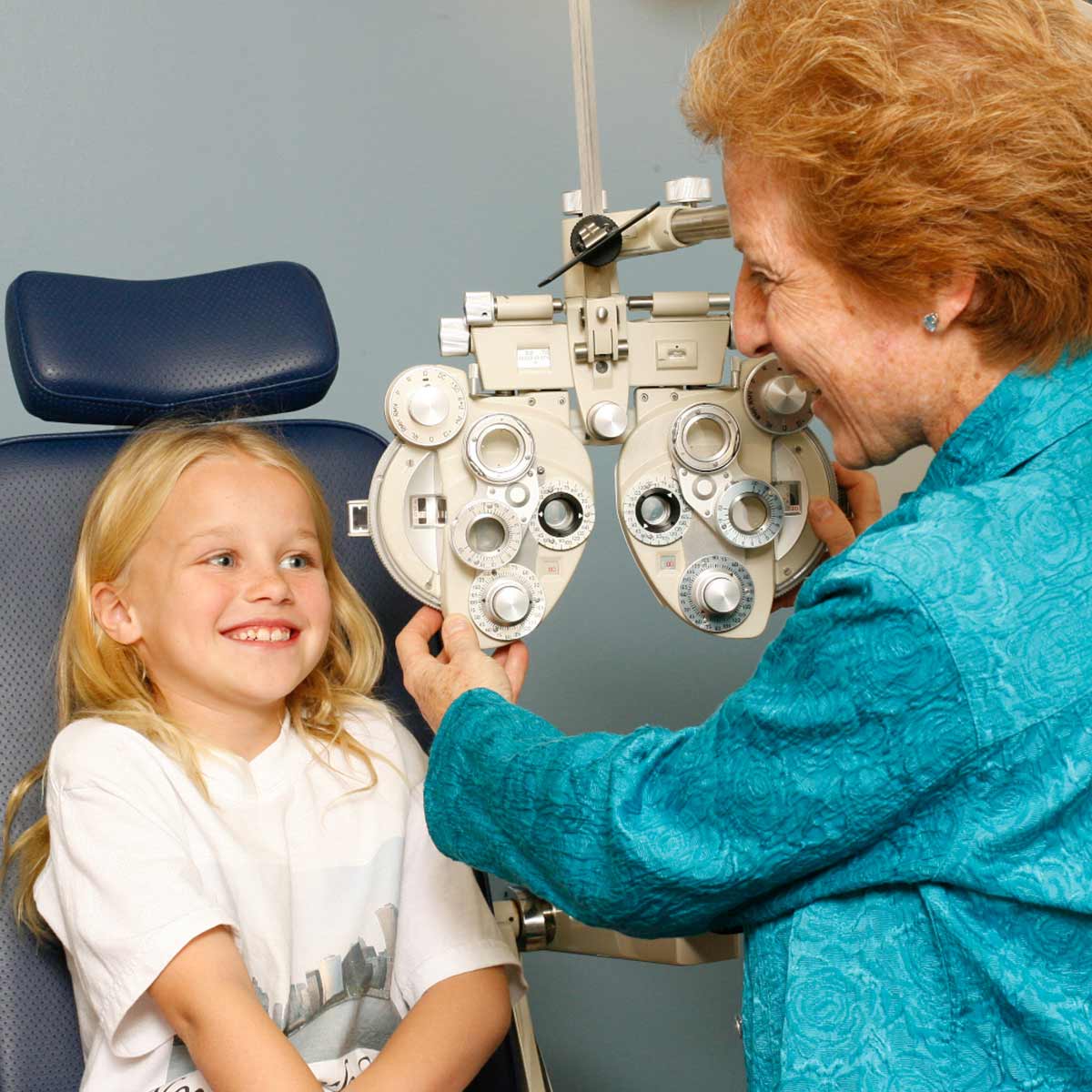
Developmental Vision Analysis
(DVA AND CONSULT)
The DVA is comprised of a series of tests that are designed to identify strengths or weaknesses in the areas of visual motor integration, visual processing, auditory analysis screening, tracking and gross motor screening.
WHAT IS THE DEVELOPMENTAL ANALYSIS (DVA)?
Following your comprehensive eye examination at Hellerstein & Brenner Vision Center, P.C., your doctor (who is a developmental/behavioral optometrist) may prescribe the DVA or other specialty testing.
The DVA consists of a series of tests that are designed to identify strengths or weaknesses in the areas of visual information processing including visual motor integration, visual perception (including visual memory, form perception, visual discrimination, directionality/laterality, auditory/visual integration), perceptual motor abilities, auditory analysis screening, tracking and gross motor screening.
The time required for the DVA is typically about 1.5 hours (depending on the patient’s responses) and is administered by one of our vision therapists. At the completion of this testing, scores will be tabulated and then presented at your consultation time (typically scheduled at a different time).
A consultation (scheduled at a different time) with one of the doctors, the patient and/or the parents should be scheduled. Dr. Hellerstein has more than 40 years of experience of helping the patient/family understand the testing and how it relates to his/her performance in school, sports and confidence.
Options will be discussed as to whether vision therapy might be helpful or if a referral to another professional (such as tutor, psychologist, etc.) is appropriate.
A written summary is also included that is useful for parents, educators, doctors, and others working with the patient.
WHEN IS a developmental vision analysis (DVA) important?
A DVA is often recommended for those who:
- Have difficulty learning
- Have developmental delays
- Have ADHD/ADD
- Have autism
- Are not performing in school and/or sports to his/her full potential
All patients looking to achieve optimal visual function and achieve full academic, work, athletic, and life potential, would greatly benefit from a Developmental Vision Analysis (DVA).
SYMPTOMS THAT MAY INDICATE A NEED FOR A DVA
These (among others) are symptoms that patients, parents, adults, and teachers should be on the lookout for as they are often are due to a vision related condition.
- Difficulty reading and/or resistance to reading
- Using fingers to read/keep place
- Poor reading comprehension or fluency
- Headaches, eye strain, fatigue, or frustration after reading or computer work
- Difficulty judging space, tripping/bumping into things often
- Poor memory
- Poor handwriting
- Academic inconsistency
- Poor classroom performance
- Difficulty staying focused
- Poor hand-eye coordination
PROCESSING AREAS EVALUATED:
Visual Perception
- Visual Discrimination: Ability to compared/identify similarities and differences
- Visual Memory: Ability to visually recall details in images
- Visual-Spatial Relationship: Ability to identify differences among images based on varying spatial orientation
- Visual Sequential Memory: Ability to visually recall images presented in a specific order
- Visual Figure-Ground: Ability to identify exact images hidden in other images
- Visual Closure: Ability to visually complete incomplete images
Visual-Motor Integration
- Perceptual motor abilities
- Fine motor (handwriting) analysis
- Gross motor screening
Visual Integration
- Directionality/laterality
- Auditory/visual integration
- Auditory analysis screening
- Dyslexia screening
